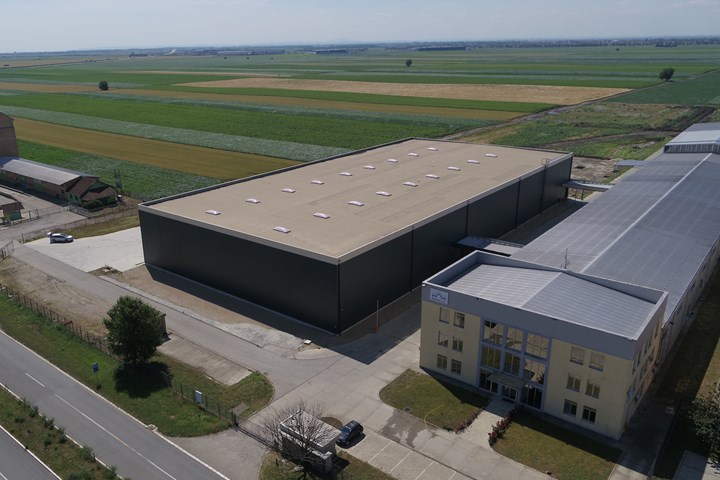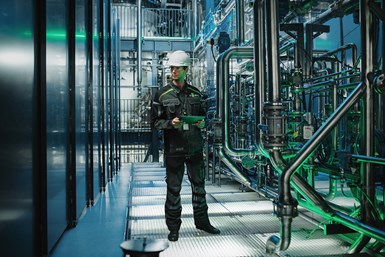OCSiAl expands graphene nanotube production capacities to Europe
The new synthesis facility near Belgrade, Serbia, will be launched in the first half of 2023, with a planned capacity of 40 metric tonnes/year. Production will be leveraged for various polymers and nanotube dispersions to boost EV battery density.
OCSiAl (Leudelange, Luxembourg and Columbus, Ohio, U.S.) is expanding its graphene nanotube production capacities in Europe through the launch of new synthesis facility near Belgrade, Serbia, in the first half of 2023, with a planned capacity of 40 metric tonnes/year. According to the company, the facility is to become the core of the graphene nanotube industrial hub and will be accompanied by production lines of nanotube concentrates for various polymers and nanotube dispersions to boost energy density of electric vehicle (EV) batteries. Graphene nanotubes can also act as additional reinforcement to composites, providing new properties.
The graphene nanotube synthesis facility in Serbia will leverage OCSiAl’s production technology, which is said to be protected by more than 80 patents and patent applications, and trade secrets. The plant will reportedly contribute to lowering supply chain costs, and will make it possible to deliver European-produced nanotubes and nanotube industrial solutions to customers in the Americas, Europe and the Asia-Pacific.
According to OCSiAl, the nanotube synthesis facility will be accompanied by the production lines of more than 40 nanotube-based concentrates and dispersions designed to simplify industrial handling of nanotubes, to be launched in sequence from 2022-2023. Nanotube-based solutions, says the company, grant a unique combination of previously unachievable properties to most types of elastomers, thermoplastics, thermosets and lithium-ion batteries, that have gained rapid adoption in aerospace, automotive, construction, electronics, packaging and consumer goods. EV batteries are said to further drive nanotube technology development, as graphene nanotubes enable the transition from internal combustion engines (ICEs) to batteries, by facilitating faster charge, longer range and lower cost of electric cars.
To meet the world’s constantly growing demand for graphene nanotubes, the Serbian facility will soon be complemented by a larger nanotube manufacturing facility in Differdange, Luxembourg, in 2025. New capacities and a diversified supply chain will reportedly cement OCSiAl’s global position as the supplier of 97% of all graphene nanotubes available in the market, according to the company.









.jpg;maxWidth=300;quality=90)




